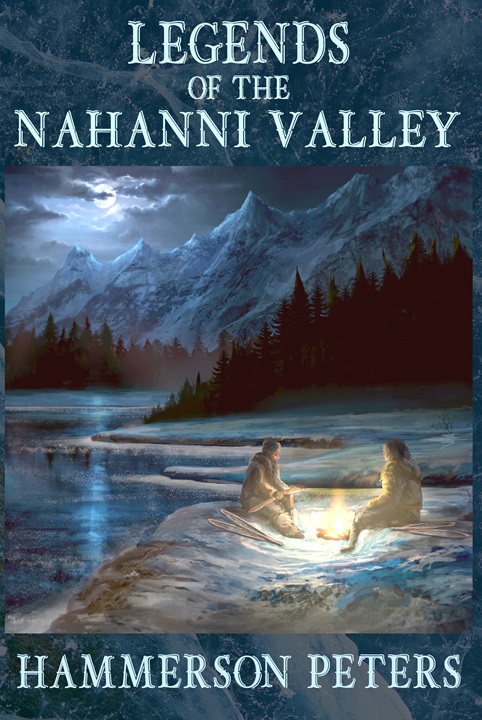Well,
I want the facts seperated from the myths, so here are what may turn out to be a fact of a myth.
The rules are, all sources cannot be from either the US or the UK.
To make any proud Americans blood boil, a BBC 4 parter about 2-4 years ago stated some unusal "facts" on the war, my memory is crap, so I hope the Beeb doesn't sue this licence fee holder.....!
Dr. David Starkey stated that the Colonies ended up paying 1/100th the taxation my ansestors paid in the modern UK, whilst doing the same job.
He also said in this 4 parter that an agitator in Boston only became so once he realised his tea-smuggling ships now sat outside the harbour, with tea costing more than the now tax-free ships coming in.
Two million Americans voted with their feet and went elsewhere once the war was won, meaning that at best, the war was won with a maximum support of 40-50% at best, and at all times.
I personsally am pleased World History panned out in the way it did, but even aged 20 I felt "No taxatation without representation" was by far the best war-cry of those that wished independence above the majority.
My ancestors wanted it as well.
The chap also mentioned in detail the British refusing to allow exansion Westwards in case the native peoples got even more angry, and cited it as a major cause of frustration for all, pro and anti.
Washington was refused an Officership, which cost the royals dearly, and left him resentful, that was a costly mistake to the monarchy, and repeated to this day by the Army as it still is class-based to a larger extent.
(All of this is based upon the German-English vote that never happened in the US, that I posted in the London bombing thread of which page I can no longer see, on the following page and a reply- so here is the perfect chance to rid ourselves of myths and gain facts, I learn't that myth, then forgot it was thus when a US chap pointed me to a myth and fact site!).
Toby
I want the facts seperated from the myths, so here are what may turn out to be a fact of a myth.
The rules are, all sources cannot be from either the US or the UK.
To make any proud Americans blood boil, a BBC 4 parter about 2-4 years ago stated some unusal "facts" on the war, my memory is crap, so I hope the Beeb doesn't sue this licence fee holder.....!
Dr. David Starkey stated that the Colonies ended up paying 1/100th the taxation my ansestors paid in the modern UK, whilst doing the same job.
He also said in this 4 parter that an agitator in Boston only became so once he realised his tea-smuggling ships now sat outside the harbour, with tea costing more than the now tax-free ships coming in.
Two million Americans voted with their feet and went elsewhere once the war was won, meaning that at best, the war was won with a maximum support of 40-50% at best, and at all times.
I personsally am pleased World History panned out in the way it did, but even aged 20 I felt "No taxatation without representation" was by far the best war-cry of those that wished independence above the majority.
My ancestors wanted it as well.
The chap also mentioned in detail the British refusing to allow exansion Westwards in case the native peoples got even more angry, and cited it as a major cause of frustration for all, pro and anti.
Washington was refused an Officership, which cost the royals dearly, and left him resentful, that was a costly mistake to the monarchy, and repeated to this day by the Army as it still is class-based to a larger extent.
(All of this is based upon the German-English vote that never happened in the US, that I posted in the London bombing thread of which page I can no longer see, on the following page and a reply- so here is the perfect chance to rid ourselves of myths and gain facts, I learn't that myth, then forgot it was thus when a US chap pointed me to a myth and fact site!).
Toby






Comment